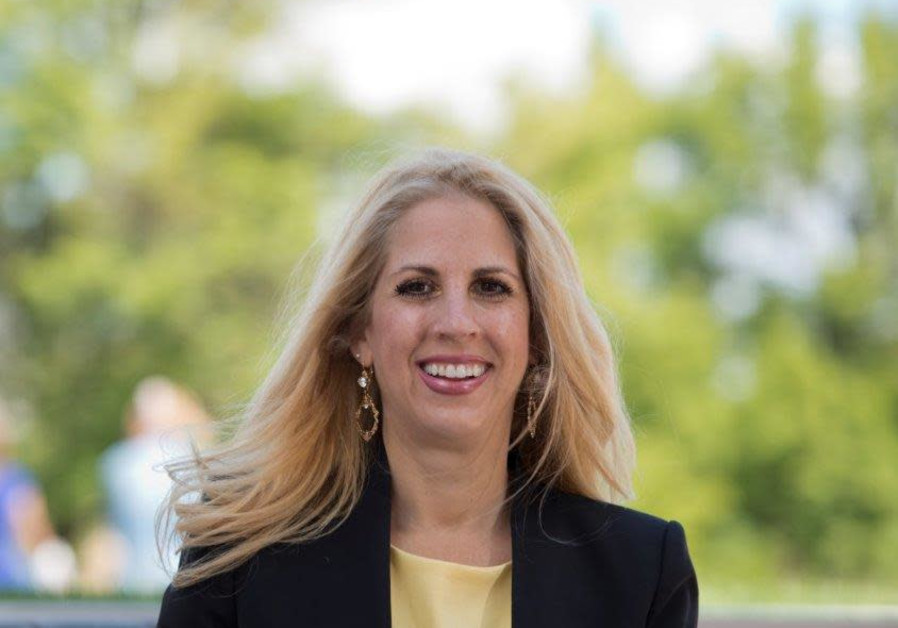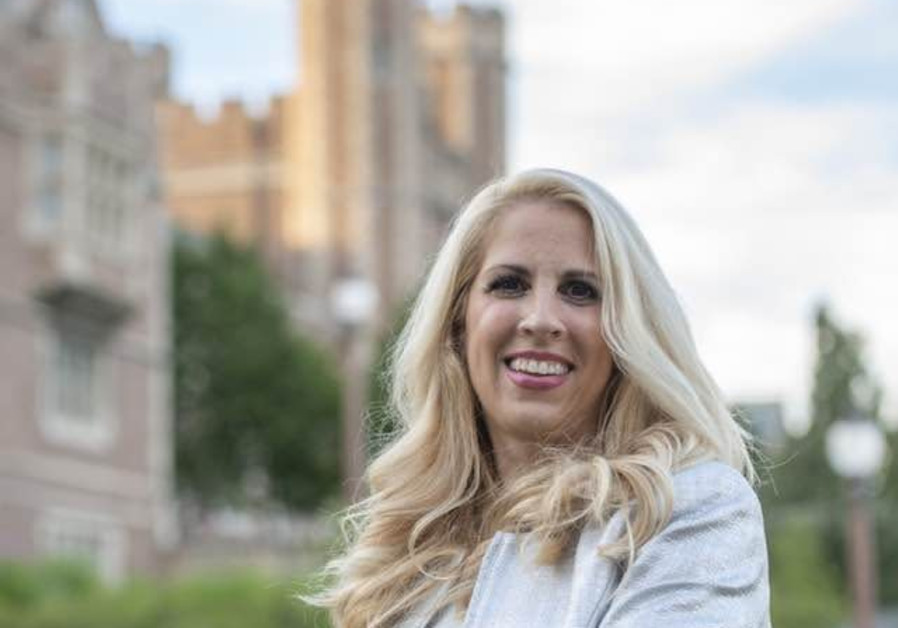Looking at those under 60, only 47% said they would take the shot. Of those 60 and older, 67% said they would get a booster.
 Michael Grinstein-Weiss (Credit: Courtesy)
Michael Grinstein-Weiss (Credit: Courtesy) The research was conducted between July 26 and 28, 2021 in collaboration with Yaniv Shlomo, a senior research consortium of SPI and in partnership with the Mastercard Center for Inclusive Growth.
cnxps.cmd.push(function () { cnxps({ playerId: ’36af7c51-0caf-4741-9824-2c941fc6c17b’ }).render(‘4c4d856e0e6f4e3d808bbc1715e132f6’); });
if(window.location.pathname.indexOf(“656089”) != -1){document.getElementsByClassName(“divConnatix”)[0].style.display =”none”;}else if(window.location.pathname.indexOf(“/israel-news/”) != -1){ document.getElementsByClassName(“divConnatix”)[0].style.display = “none”; var script = document.createElement(‘script’); script.src=”https://player.anyclip.com/anyclip-widget/lre-widget/prod/v1/src/lre.js”; script.setAttribute(‘pubname’, ‘jpostcom’); script.setAttribute(‘widgetName’, ‘0011r00001lcD1i_12258’); document.getElementsByClassName(‘divAnyClip’)[0].appendChild(script);}
The survey also asked whether parents would vaccinate their young children between the ages of five and 11 if it became available and a majority (54%) said they would not. Only 23% said they would vaccinate, while 23% said they were being stung.
When broken up between parents who vaccinated themselves and those who didn’t, none of the parents who got the vaccine said they would vaccinate their children, compared to only 27% of vaccinators who said they would.
According to the survey, there can be many reasons for the decline in desire to get the jab.
When it comes to children, what parents are most concerned about is that health officials still don’t know the long-term effects of vaccines.
To date, 35% of people under the age of 20 have been fully vaccinated, 90% of those over the age of 60.
However, the survey also found that as the delta variant spreads nationwide, which involves re-infecting a higher percentage of vaccinated individuals, more people believe the vaccine doesn’t work.
Only 59% of respondents said the vaccine protects against infection, 69% said it prevents the spread of the virus and 82% said it protects against developing symptoms.
In addition, the public believes they are not getting accurate information about the pandemic or vaccines, the survey found. Some 61% of the respondents felt that there was a lack of reliable information about the coronavirus and a full 20% said that the pandemic is part of a government conspiracy.
A third of the respondents also claimed that the media was exaggerating the risks of the virus.
Finally, very few people now have a strong fear of contracting the coronavirus.
When asked to rate their fears on a scale of zero to 100, 100 were “very scared”, the average response being 44. Arabs and Haredim rated their fears lowest at 36 and 37, respectively. The most feared were the traditional Jews of 50 years.
 Michael Grinstein-Weiss (Credit: Courtesy)
Michael Grinstein-Weiss (Credit: Courtesy) Some 48% of respondents said they expect another closure. And 50% of the respondents said that in the event of a lockdown they are most concerned about how it will affect the Israeli economy.
And why don’t the Israelis want a lockdown? They do not want to refuse to be with their families on high holidays (48%), do not want to set limits on how far they can venture from home (46%) and do not have their children Want to see schools closed (43%).
Only a third of Israelis are concerned about their personal economic situation.
“I think it tells you something about Israeli culture, that people are concerned about not being with their families on holidays — even more so than when their kids go to school,” Grinstein Weiss said. “Holidays are very important to Israeli society whether you are religious or not, and last year it was very difficult for us not to be together.”